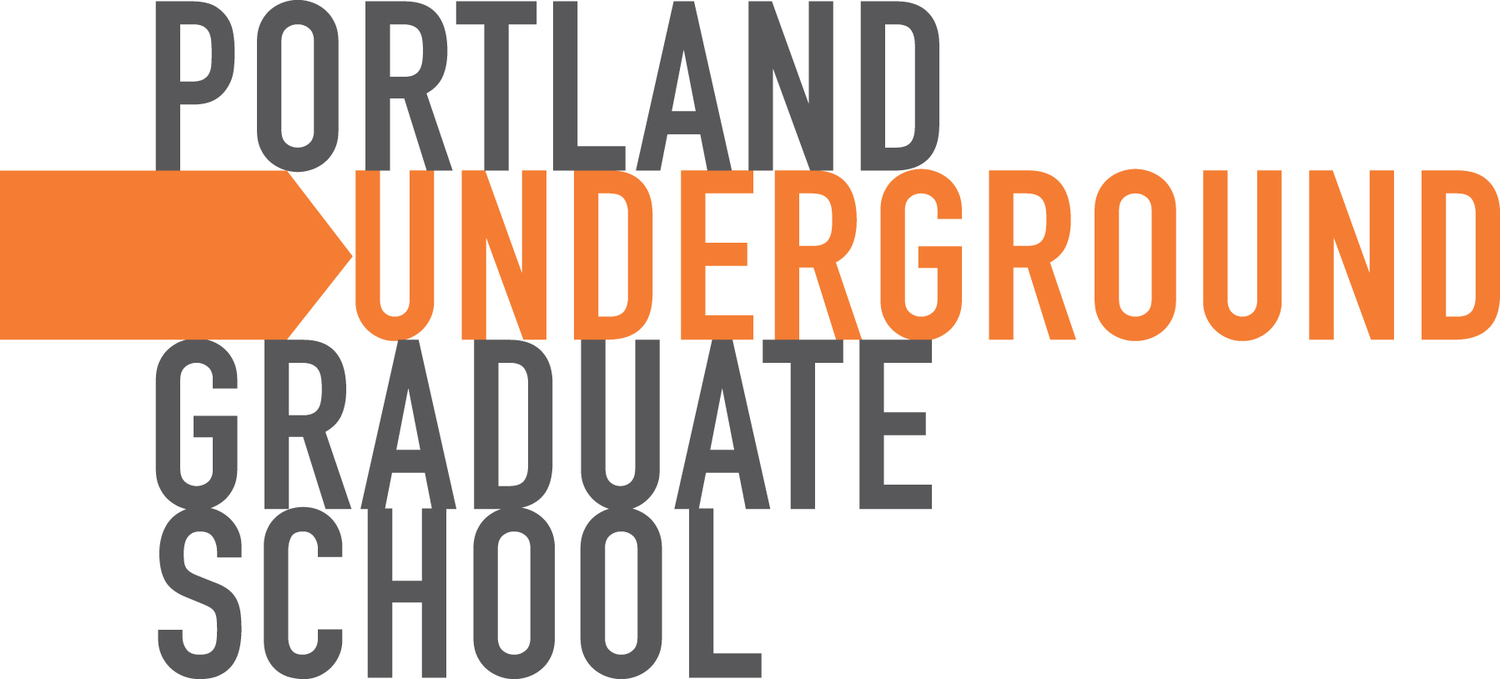Decolonizing Love (February 2019)
Decolonizing Love (February 2019)
Cultivating awareness of society’s impacts on your relationships
Whom are you attracted to? Whom do fall in love with? Where do you look for love? The goal of this course is to start conversations about and work towards a deeper understanding of how our relationships are influenced by colonial forces. We will spend time thinking about how to resist those forces and live more intentionally within them.
Date: Thursdays, February 7, 14, 21 & 28
Time: 7-9 pm
Location: Buckman Elementary | 320 SE 16th Ave
Tier A Pricing: $199 ($30/hr or above wage earners)
Tier B Pricing: $149 ($16-29/hr wage earners)
Tier C Pricing: $99 ($15/hr or below wage earners)
See our Pricing + Generosity Policy for more information on tiered pricing.
PUGS is about both learning and community. Register with a friend and get 25% off with the code YOUVEGOTAFRIEND
To fall in love in our society is to meet another’s eyes, feel the spark of “chemistry,” and know you are destined for one another. Except that there’s so much more that goes into how that moment starts and unfolds. Our relationships are influenced by myriad colonial forces. Even our platonic or familial relationships follow societal scripts that dictate whom we are drawn to, who we picture ourselves as, and whom we picture ourselves with.
This class will explore the history and basis for these prejudices, including but not limited to: racism, capitalism, sexism, ableism, heteronormativity, and monogamy. We will interrogate these lenses in a desire for a deeper understanding of the way in which we consciously and subconsciously conceive of love, in all of its forms. We will consider where we look for love, what and whom we find attractive, and how we define commitment. How do we treat our loved ones? How do we want to be treated? What roles do we expect them to play? What roles do we feel expected to play?
Using a shared vocabulary around various oppressions, especially racism, we will tailor the class to the identities and experiences of the people in the room and what they are seeking to unpack. As facilitators, we want to meet people where they are in their journeys, and we don’t know everything. We are not experts; we are also curious and in different stages in our own journeys. This is deeply personal work—be prepared to really dig in!
———
Week 1: Love Scripts
After building a shared vocabulary around the colonial forces that shape our lives, we will reflect on the stories we learned early on about love. We will explore the models for love that we grew up with—romantic, platonic, and familial—and how they impact who we love and who we desire.
Week 2: Attraction
What is your ‘type?’ What do you find attractive? Why do you find certain characteristics more attractive than others? In this week, we will interrogate what physical and cultural attributes we find attractive and why, along with who, we gravitate towards for friends and for romance.
Week 3: Love
Where do you look for love? What does it feel like to be in a ‘healthy’ relationship with others? How do you express your love in relationships? How has your cultural background impacted how you give and receive love? For example, how does race play a role in who and how you love?
Week 4: Commitment
What does commitment mean to you? Who has power in a relationship? What roles do money, gender, and gender performance play? What sacrifices are made, who makes them, and why? What indicates commitment: a bank account, meeting someone’s family, monogamy? What societal forces make you feel validated in your various relationships?
“The phrase "decolonizing love" is taken from this interview with Junot Diaz by Paula M.L. Moya for the Boston Review. Diaz's work is not independent of his actions. We recognize that Diaz's behavior has been harmful and misogynistic, as has the Boston Review's in its condoning of said behavior, and look forward to exploring this behavior and reaction together as the group desires, though Diaz's work specifically is not the focus of this course. We do feel that the phrase is one of the most encompassing to describe our aims for this course, and that there has been work done under the umbrella term that is very worth exploring.”



